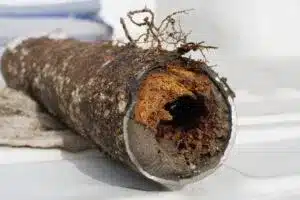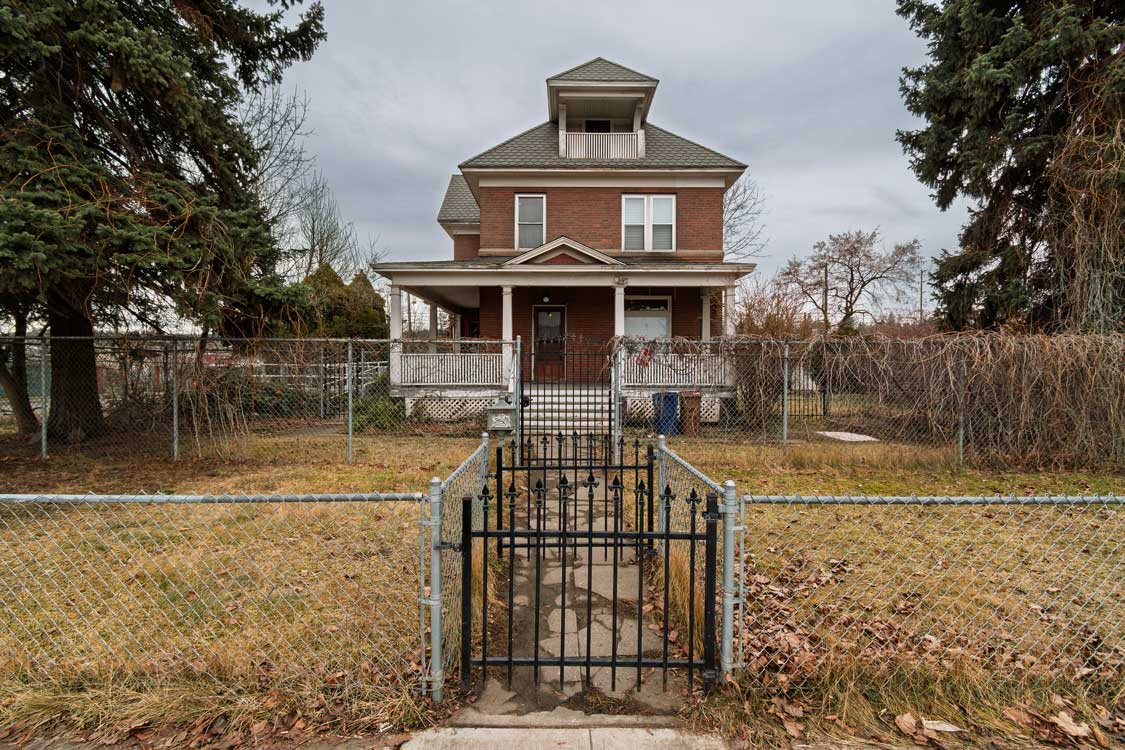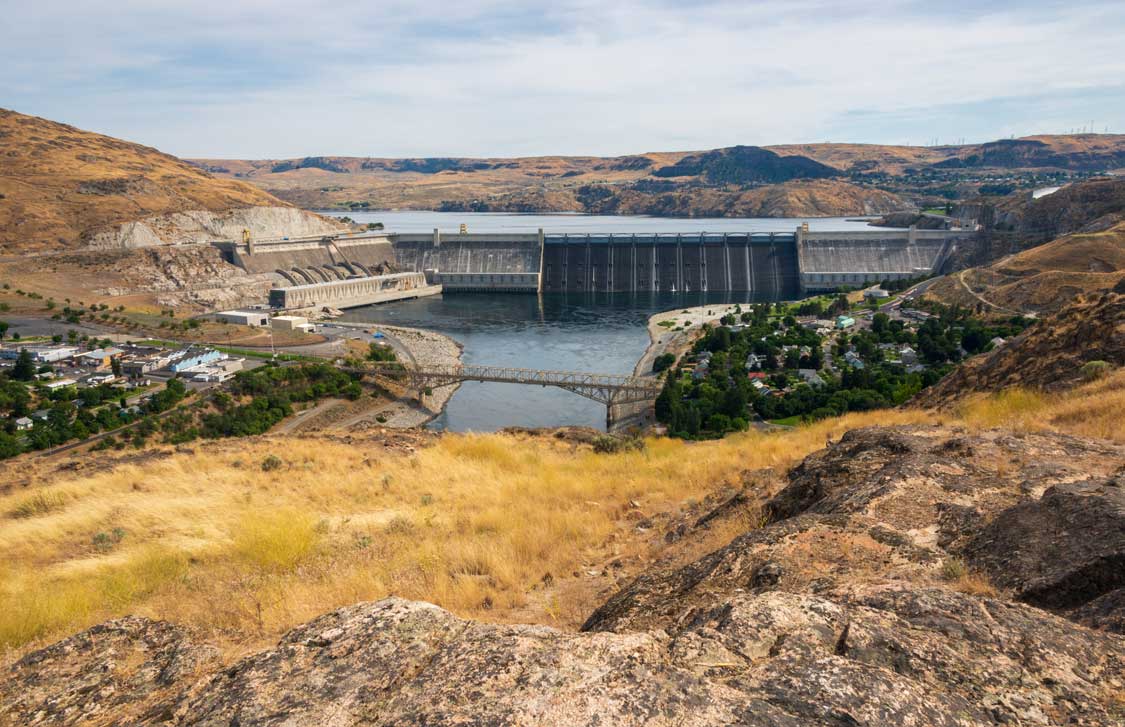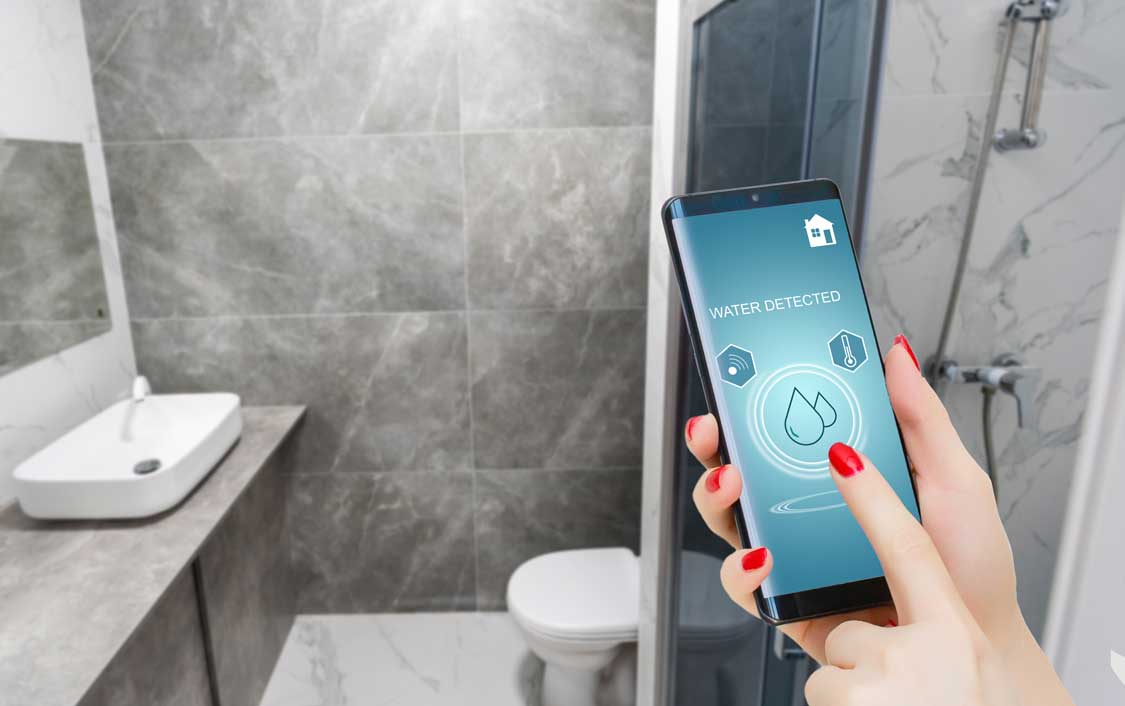When your pipes clog, it’s more than just an inconvenience; it can also cause expensive damage to your property and your home or business. To keep this from happening, it’s important to know what causes clogs in the first place so you can take the appropriate precautions to avoid them.
Read on to learn about five of the most common causes of clogs in your pipes so you can keep your pipes running smoothly for as long as possible!
1) Lint
As with shower drains, lint traps in sinks can get clogged if hair is allowed to build up. The longer it goes without being cleaned out, the more likely it will get stuck and accumulate a clog. Cleaning regularly will prevent hair from building up to such an extent that you’ll have to remove a large amount of debris.
Another reason for clogs may be caused by too much soap, which can coat your pipes and leave them unable to drain properly. Try limiting your soap use or at least avoid leaving soapy water sitting around your sink all day.
2) Garbage Disposals
Garbage disposals are designed to crush food waste, which they typically do quite well. However, if you don’t maintain yours or follow a few simple steps when using it, clogs can form—and they’re much harder to fix than toilet clogs (which are mostly caused by things that don’t belong in your pipes). Here are some ways you can prevent clogged drains
Don’t overfill your garbage disposal: You should never put excessive amounts of greasy or fibrous foods down your garbage disposal. Additionally, you shouldn’t put anything but running water down its drain while it’s running. Keeping your garbage disposal clean is easy and prevents most common causes of clogs in pipes. The majority of homes have garbage disposals as opposed to trash compactors because they use less space and almost always cost less money for installation.
3) Hair
Hair is one of your home’s most common clog culprits. It can easily wrap around a kitchen drain, or jam up against a dryer vent if it gets loose while you wash clothes. Next time you take a shower, make sure to give your hair an extra once-over. If you see any long pieces of hair that might cause trouble down the road, grab a pair of scissors and snip them off. It’s also important to clean your hairbrush regularly—even if it doesn’t seem dirty—since clumps of wet lint can get stuck in there (and fall into your drain).
Most homeowners recommend using a plunger every two months or so to dislodge anything stuck inside your drains; just be careful not to scratch or damage your pipes by pressing too hard. You should also avoid pouring grease down drains; let it cool first, then dispose of it with regular trash. If none of these strategies work for you, schedule an appointment with a plumber when possible since they’ll have access to more advanced equipment than most do-it-yourselfers will have on hand.
4) Food Debris
Believe it or not, food and other organic matter is one of the most common causes of clogged pipes. We’re all human, and sometimes we forget to flush our toilet after using it. When you combine that with grease, fat, and other cooking oil remnants, you have a recipe for clogged pipes.
Prevent that from happening by making sure there’s always a plunger nearby and flushing after every use. Also try throwing some ice cubes down your drain regularly—the cool temperatures will solidify greases and oils stuck inside your pipes. If you want to keep things clean on an even deeper level, invest in a water filter pitcher so you can filter out any chemicals or impurities as well!
5) Mineral Buildup
One common cause of clogged pipes is mineral buildup. If you use a lot of hot water or live in an area where your water contains high levels of minerals, there’s a chance you’ll develop these mineral deposits on your shower head and faucets.
As more and more minerals build up over time, your pipes will become completely clogged with mineral deposits and it’ll be impossible to use your sink or shower. To prevent them from forming, try using less hot water and replace any old shower heads as soon as possible. You can also buy scale-inhibiting filters for certain appliances to help reduce scale buildup from happening at all.
Conclusion
If you think your pipe is clogged, then water will back up in your sink or tub. The best thing to do if you suspect a clog but aren’t sure is to try using your plunger again. Even if there isn’t a clog, plunging can help clear whatever build-up might be present. You can also try pouring some hot water down it.







